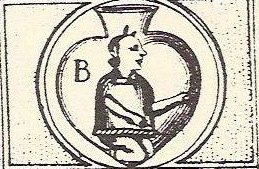
books
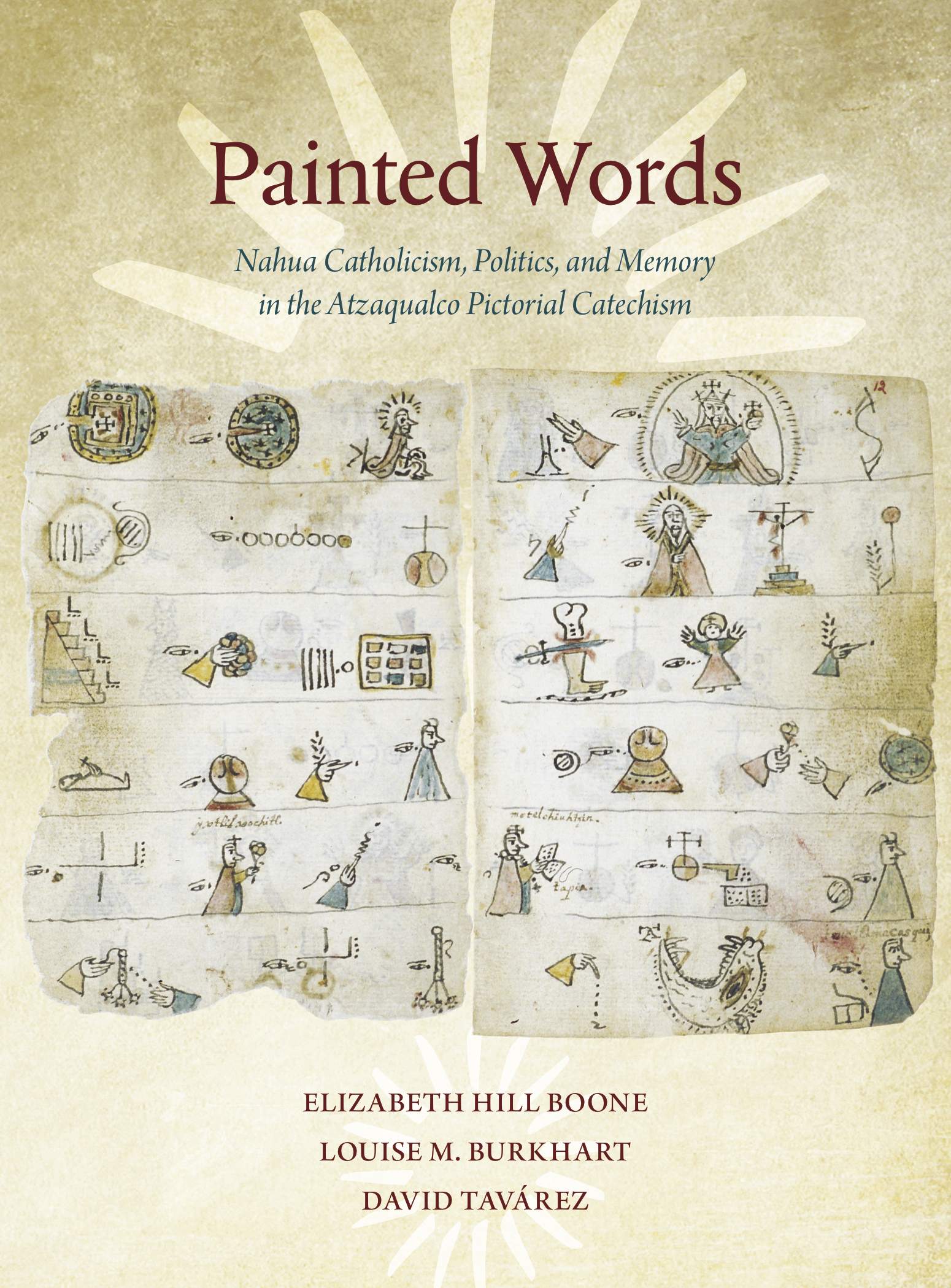
Painted Words: Nahua Catholicism, Politics, and Memory in the Atzaqualco Pictorial Catechism. (Elizabeth Boone, Louise Burkhart, and David Tavárez). Washington, DC: Dumbarton Oaks/Harvard University Press, 2017.
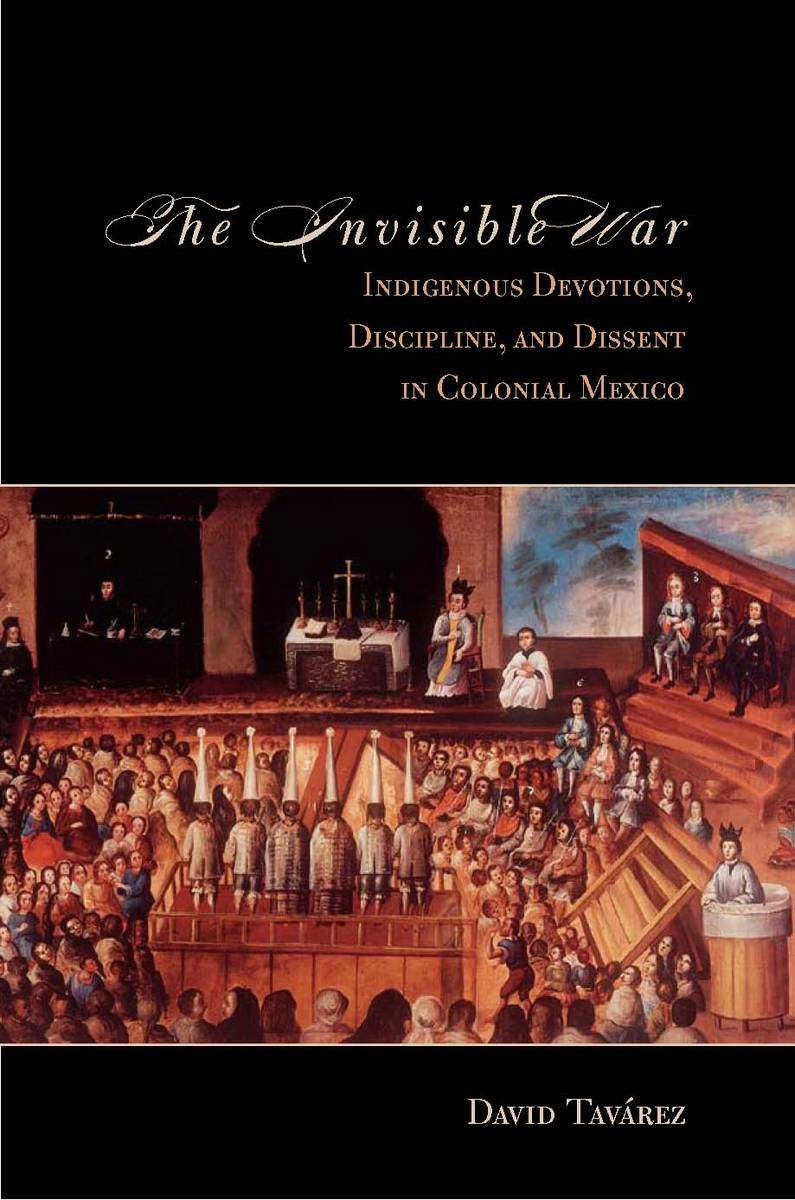
The Invisible War: Indigenous Devotions, Discipline, and Dissent in Colonial Mexico. Stanford: Stanford University Press, 2011; paperback, 2013.
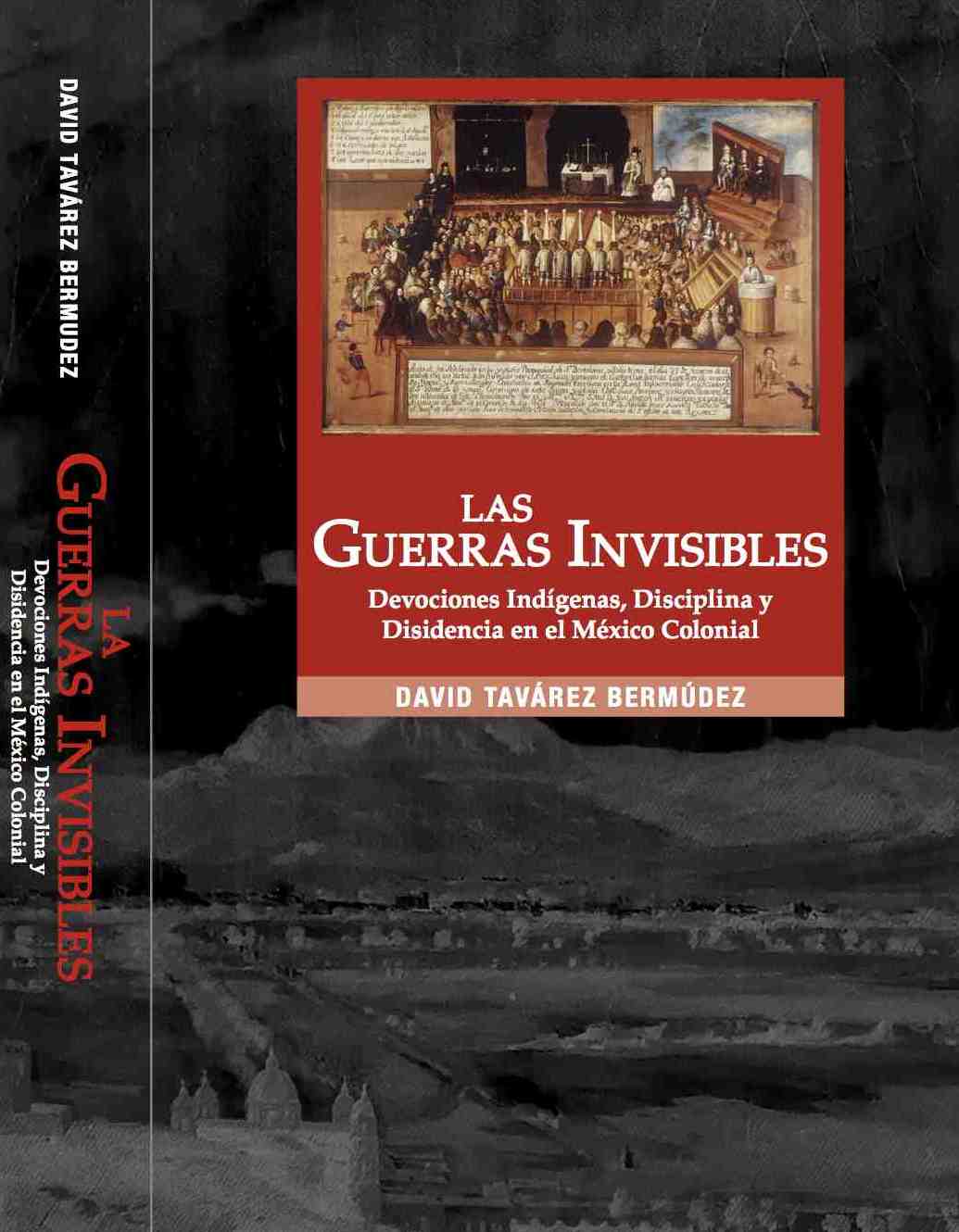
Spanish-language revised edition, 2012: Las guerras invisibles: Devociones indígenas, disidencia, y disciplina en el México colonial (Mexico: UABJO, Colegio de Michoacán, CIESAS, and UAM).
Recent reviews of The Invisible War:
American Historical Review (full review)
"Tavárez has undertaken an ambitious study of a key and hitherto insufficiently addressed issue in Mexican indigenous and religious history... an impressive and a scholastically rigorous book that will be welcomed by students and scholars of colonial Latin America, ethnohistory, colonialism, and religious history." - Nora E. Jaffary, Concordia University
Hispanic American Historical Review (full review)
"This meticulously researched and beautifully written work is a major contribution to our understanding of religion in indigenous communities and the Catholic Church in central Mexico and Oaxaca... [N]uanced, engaging, and thought-provoking." - Sarah Cline, UC Santa Barbara
Ethnohistory (full review)
"David Tavárez’s book offers an especially significant challenge to the colonial religious historiography [...] This tour-de-force study, demonstrating sustained linguistic erudition and depth of documentary research, covers a long period of changing responses to Christianity and extirpation practices.[...] Perhaps the book’s greatest contribution to ethnohistory lies in its exploration of clandestine literacies in which indigenous ritual specialists produced a variety of texts" - Susan Kellogg, University of Houston
Colonial Latin American Review (full review)
"Tavárez renders The Invisible War in such incredible detail that it is difficult to conceive of this as his first book. It reads more like a life's work: comprehensive, yet careful; formidable, but rewarding; and engrossing while exact(ing). Each sentence demands the reader's full attention because it presents so much information about specific people, particular circumstances, and the precise interplay of devotional activities, disciplinary measures, and dissent... Tavárez provides an exemplary and exceptionally well-researched history of local religious practices and conflicts.... [This] book is an achievement in its accuracy, analysis, and approach." - Molly Basset, Georgia State University
The Americas (full review)
"This book is worthy of inclusion in any Mesoamerican historian's library. Tavárez offers a thoughtful framework for examining Spanish/Spanish, native/Spanish, and native/native interactions under stressful conditions; valuable insights into these complex and multifaceted relationships; and plenty of interesting biographical, institutional, and situational information. All these elements together make this a useful reference work as well." - Frances Berdan, CSU, San Bernardino
Praise for The Invisible War:
The Invisible War provides a remarkably full and genuinely historical study of the little-known extirpation campaigns in colonial Mexico and what, in practice, idolatry in “Indian” communities of central Mexico and Oaxaca came to mean for all the parties involved. It interweaves the actions of colonial judges and Catholic priests, Nahuatl- and Zapotec-speaking nobles, shamans, and villagers, and an array of ritual practices and sacred texts. While insisting on local “diversity of indigenous forms of consciousness,” David Tavárez offers a sustained, deeply researched interpretation of native devotions in the colonial period as epistemological dissent to Christian evangelization and extirpation. Here is native thought and action understood in new, connected, and richly contextualized ways.
William B. Taylor, University of California at Berkeley
In this eye-opening book, Tavárez shows that colonial religion was an “archipelago of faith” of multifarious and constantly changing indigenous Christianities. Change was often prompted by violence and was as relentless as the strategies of those friars, parish priests, and minor civil magistrates who devoted their lives to homogenizing the faith and rooting out idolatry, the origin of all sin. This is a magisterial study that spans three centuries and plumbs a formidable cache of Nahua, Zapotec, and ecclesiastical sources scattered throughout Europe and the Americas. A landmark.
Jorge Cañizares-Esguerra, University of Texas at Austin
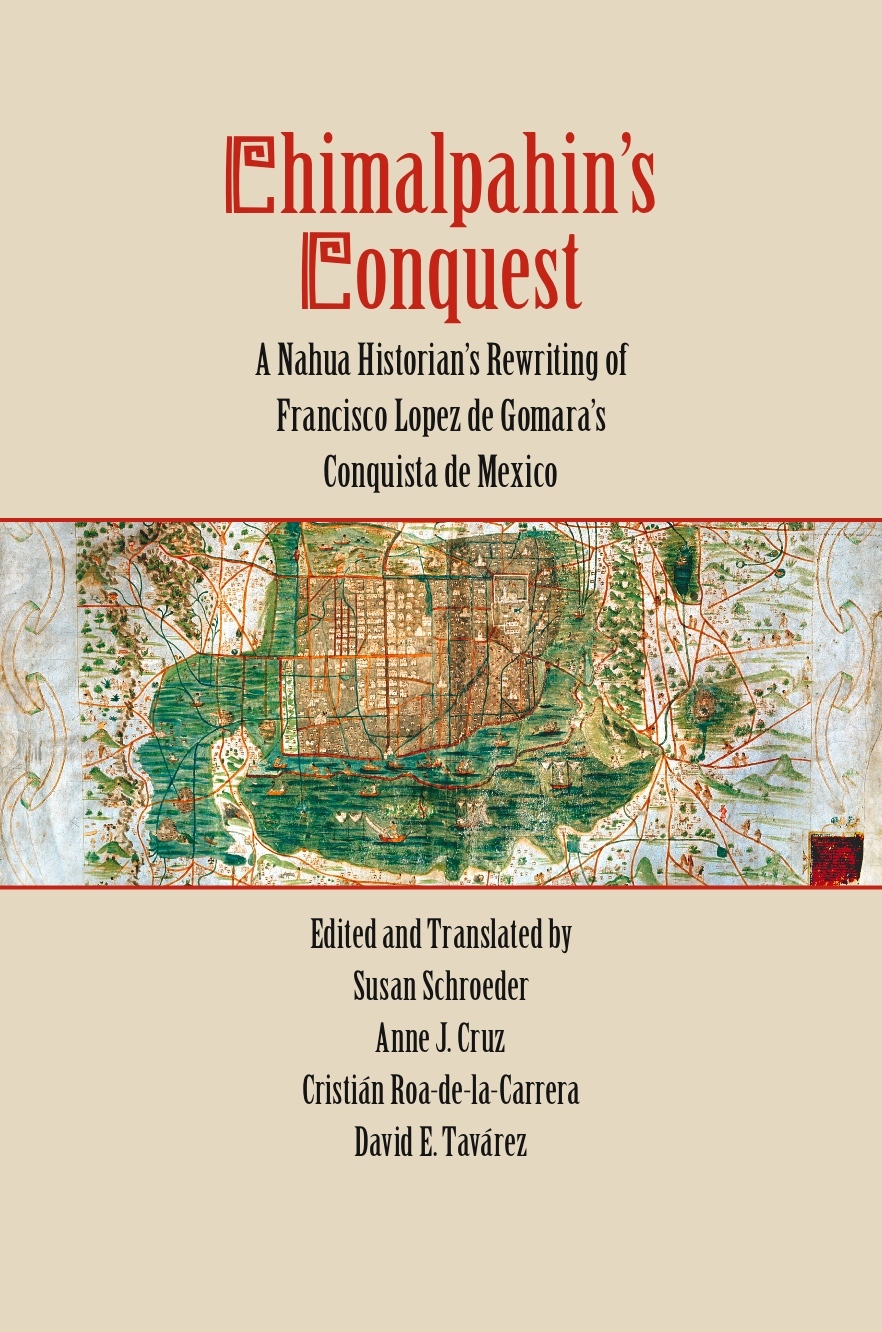
(With co-authors Susan Schroeder, Cristián Roa-de-la-Carrera, and Anne Cruz).
Chimalpahin's Conquest: A Nahua Historian's Rewriting of Francisco López de Gómara's La conquista de México.Stanford: Stanford University Press, 2010.
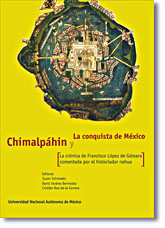
Spanish-language edition, 2012: Chimalpáhin y La Conquista de México. La crónica de Francisco López de Gómara comentada por el historiador nahua (Mexico: UNAM).
Praise for Chimalpahin's Conquest:
Here we have a fascinating glimpse of a Nahua historian's version of a well-known conquest narrative, infusing it with detail from a more local, indigenous perspective, and informed by hindsight. Chimalpahin's Conquest is a significant contribution to the growing literature on the Conquest of Mexico.
Kevin Terraciano, University of California, Los Angeles